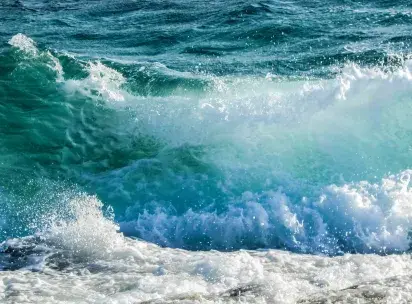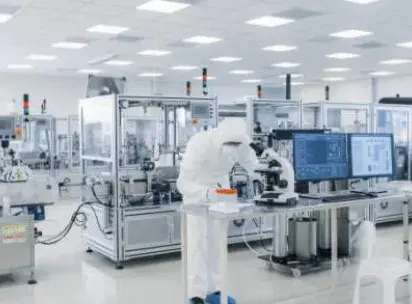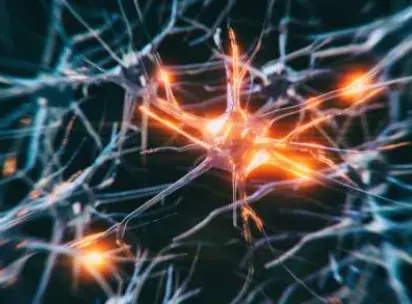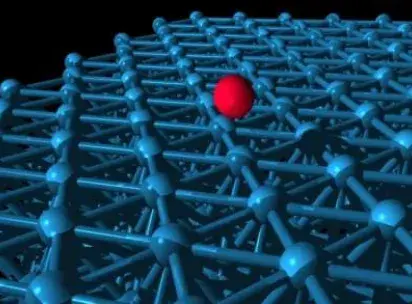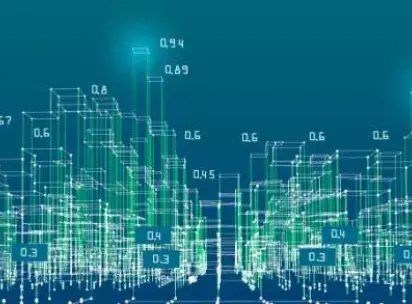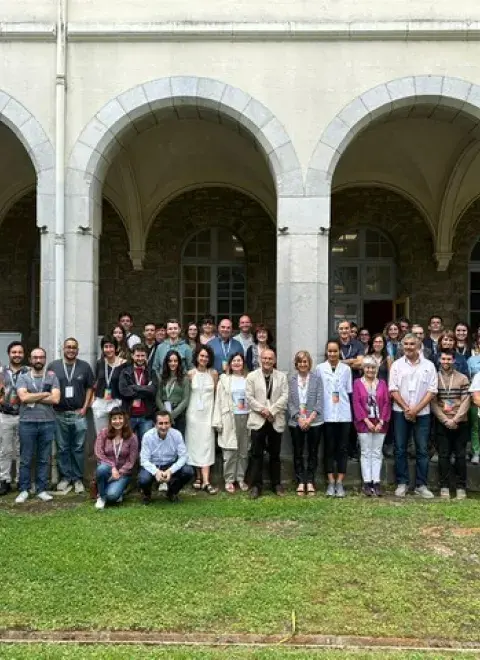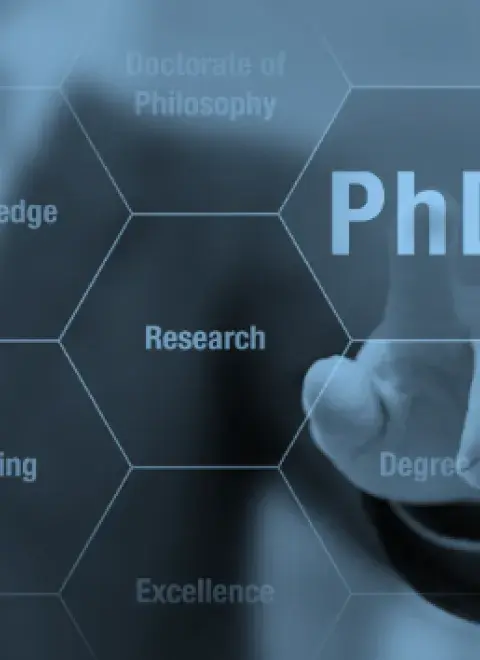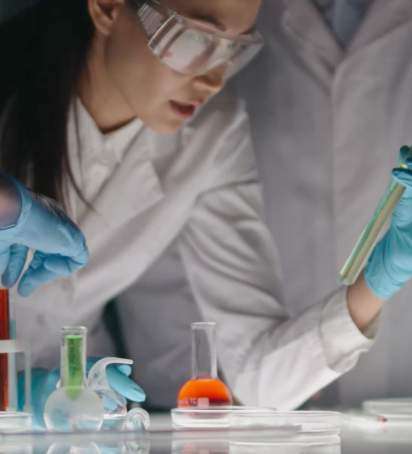
LTC Sarea
Network of Laboratories for Trans-Border Cooperation.
Find out more about LTCs
Origin
The Laboratories for Transborder Cooperation (LTCs) are a formula for collaboration that have been developed since 2015 in the frame of the Campus Euskampus- Bordeaux. LTCs were created to provide an institutional framework for research teams from the Basque country and from Bordeaux working together. This framework supports trans-border research communities, which involve young and senior researchers, students, and technicians that can move from one lab to the other without boundaries and share a common vision and action agendas.
What is a LTC?
More specifically, an LTC is a lab without walls whose aims are:
● To carry out research projects in a specific field with the objective to increase the added-value of scientific outputs as well as the visibility of our joint research at the EU and international level,
● To act as an incubator for larger projects with a view to attract external funding (notably EU funding),
● To create a sustainable transnational community of researchers, thus involving students, PhDs, junior and senior researchers,
● To develop a joint training offer, in particular at the master’s level.
Benefits of being recognized as an LTC
● Funding for the everyday operation of the LTC (travels, stipends for students, organizational costs for workshops, summer schools, etc.) for a maximum amount of 10K€ per year (5K€ from each university)
● UPV/EHU commits to fund a doctoral researcher (PhD) under cotutelle per LTC over the period of the agreement (according to the rules of the university ).
● UB commits to fund a postdoctoral researcher per LTC over the period of the agreement (according to the rules of the university ).
● Period for funding support: 4 years (not extendable), after the four-year agreement completion, the LTC could maintain the LTC recognition/label, but without any further commitment of funding.
Conditions to be recognized as an LTC
Previous history
An LTC comes as a significant step in the recognition of an already existing partnership, and is led by two Principal Investigators (PI) from Bordeaux and the Basque Country, respectively.
LTC PIs should therefore provide evidence to demonstrate the anteriority and solidity of the partnership.
Thematic scope
It is also expected that LTCs shall not cover too wide scientific perimeters, but rather focus on specific research and training in a given scientific area.
Sustainability
After the four-year agreement completion, the LTC could maintain the LTC recognition/label, but without any further commitment of funding by UPV/EHU and UB. After this time, it is expected that the LTC have been able to leverage their own funding for running costs and temporal hiring of PhDs and postdocs.
Concurrence
There will only be one new LTC selected per year, and it will be announced in the Euskampus Bordeaux Eguna.
Existing LTCs currently
Since 2015, seven LTC projects have been labeled:
● in relation with Endocannabinoid control of glial energy metabolism in health and disease, CannametHD
● in relation with ecotoxicology, the LTC AquEus
● in relation with Photonics and laser, LTC Translight
● in relation with Parkinson's disease, LTC ComorPD, (Non-motor CoMorbidities in Parkinson’s Disease)
● in physical chemistry, the LTC QuantumChemPhys (Theoretical Chemistry and Physics at the Quantum Scale)
● in engineering, the LTC AENIGME (Aquitaine Euskadi Network In Green Manufacturing and Ecodesign)
● in mathematics, the LTC TRANSMATH (Mathematics and its Applications)
● in green cement: LTC Green Concrete (science and the development of more sustainable concrete and cement-based material production processes).
2025 Call for LTC Sarea
Deadline for submitting proposals until September 15, at 12:00 p.m., 2025
- The full text of the application procedure can be downloaded here.
- LTC Sarea template for existing LTCs wishing to apply for the LTC Sarea 2025-2026 grant, here.
- LTC Sarea Incubator template, for research groups with a shared research programme that would like to present an LTC project in the future, here.
The beneficiaries will be entities to which the groups and researchers are affiliated to the LTC or, when appropriate, LTC conversion project (LTC incubator) belong. The LTC Incubator grant can only be applied twice.
For more information and to submit applications before 09/15/2025 (12:00 p.m.), contact Euskampus Fundazioa through the address of contact@ltcsarea.eu


